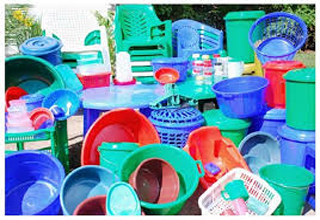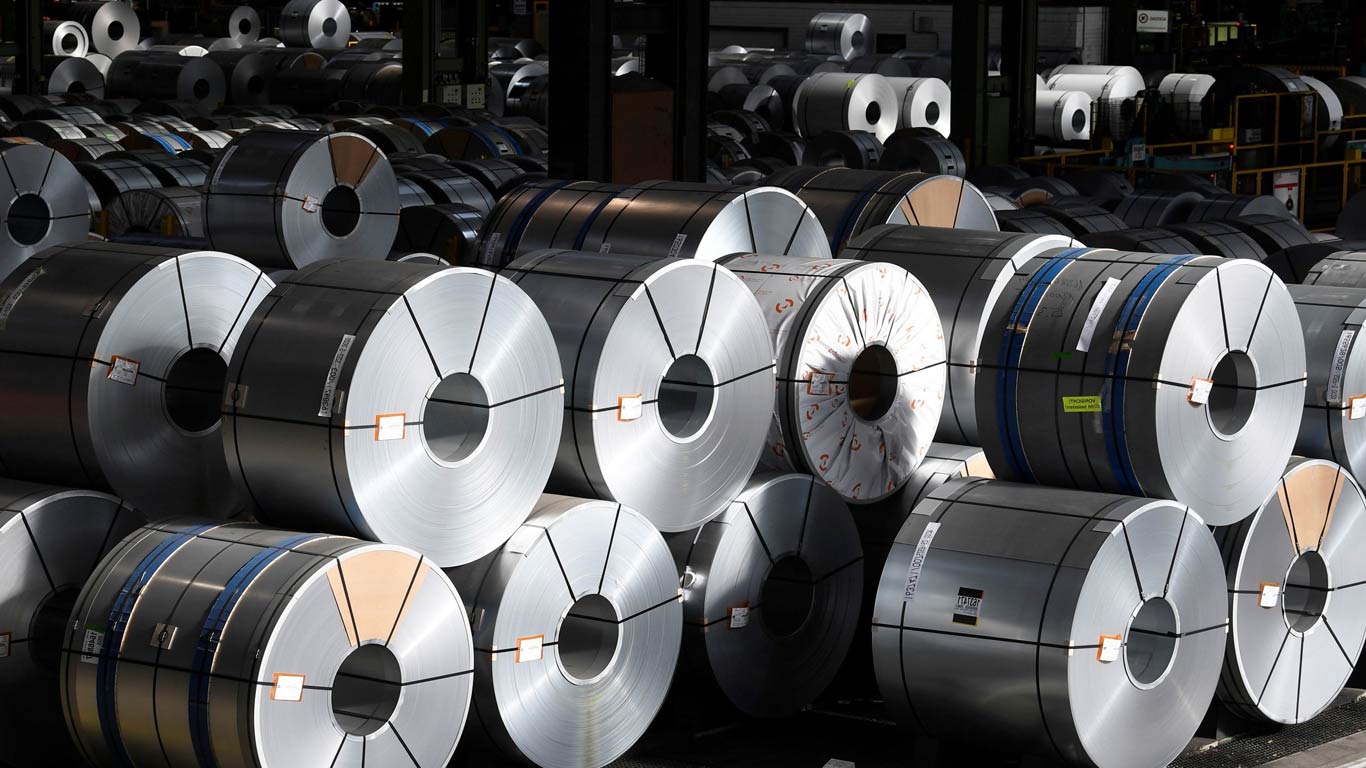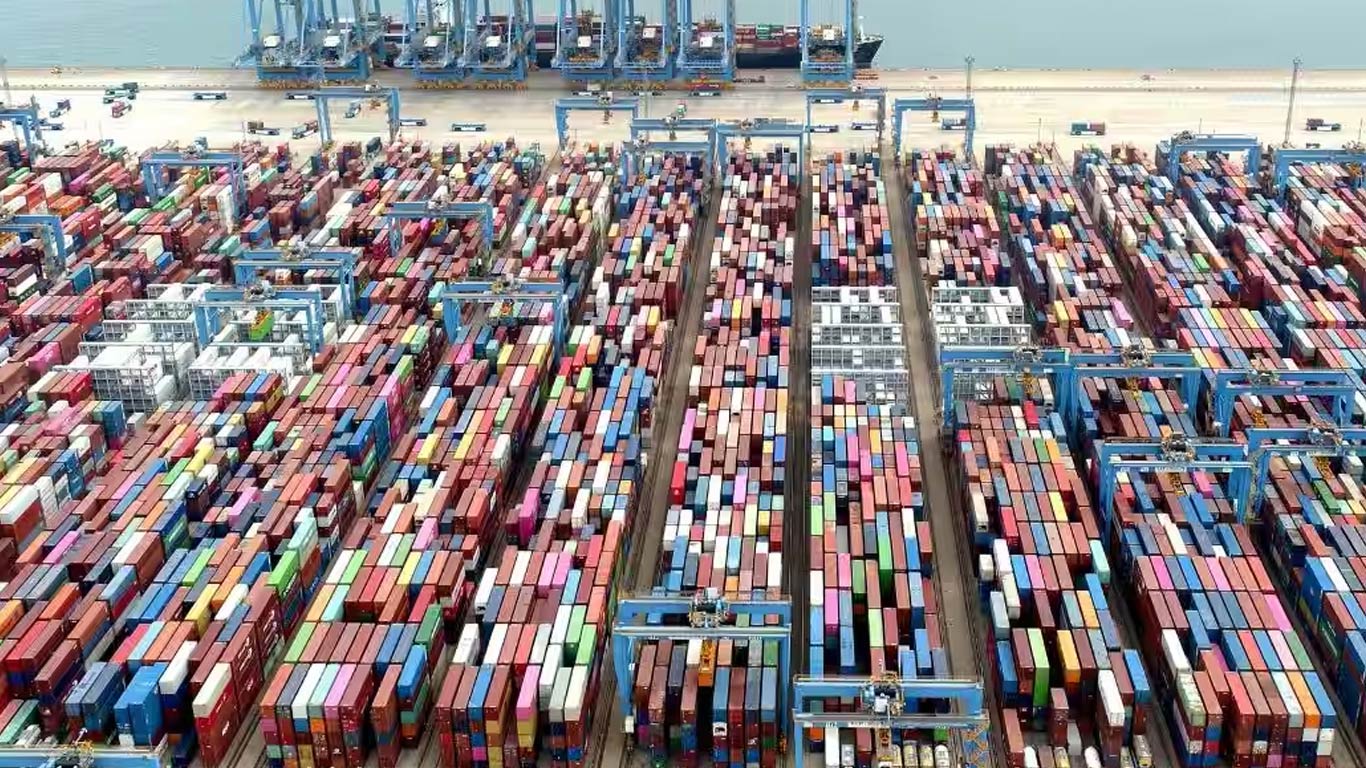China to make bioplastic from waste cooking oil
Updated: Feb 17, 2014 02:19:17pm

Jiangsu Clean Environmental Technology recently signed contracts with Nafigate to commercialise Hydal technology, developed by assistant professor Ivana Marova’s team at Brno University of Technology in Brno, Czech Republic.
“We have just entered a phase of pilot line constructing and at the same time building of the first large factory,” said Ladislav Mares, Nafigate’s chairman, in a statement.
The technology was previously tested in a semi-pilot scale, Nafigate said.
Jiangsu Clean, based in Suzhou, specialises in the collection and processing of used kitchen oil. Nafigate declined to disclose financials of the deal and future sales in the release. However, Suzhou Daily reported that the joint venture, once completed, will annually produce 15,000 metric tons of PHA with 520 million yuan in output value. One ton of waste oil can yield 0.6 ton of PHA, the report said.
China has a notorious underground industry that recycles cooking oil from restaurants and kitchen waste. The product, referred to as “gutter oil”, is widely reused by restaurants, posing public health risks.
Chinese authorities and businesses have been trying to trying to develop proper use of the gutter oil, so it doesn’t return to the kitchen for cooking.
“The Chinese party has a great interest in biotechnology because we offer a solution to one of China’s major problems,” Mares said. “The Chinese market has a huge surplus of used frying oil. It is a waste product, so Hydal biotechnology can achieve significant economic operation.”
China has been utilizing waste oil to produce fuel. But the PHA method can bring in an additional 12,000 yuan in revenue for each ton of waste oil, Suzhou Daily said.
The deal creates a win-win solution since the European Union is discouraging the use of food as feedstock for bioplastics.
“Unlike competitors’ solutions, it does not require input from the food chain - it does not consume corn or sugar, which is then missing in the balance of food supplies,” Mares said. (KNN/AIPMA)











